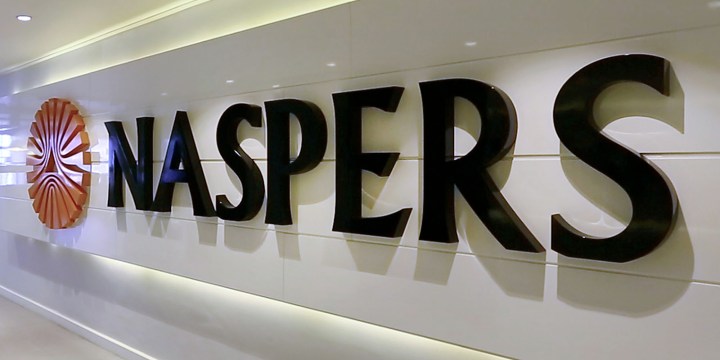BUSINESS REFLECTION
After the Bell: The Foundry has lost its fire

The fund certainly has helped liven up the startup sector in SA, so it is disappointing that Naspers is shutting it down. But can you actually blame Naspers?
Naspers has shut down its SA-focused tech investment vehicle, Foundry. The fund was set up in 2019 to invest R1.4-billion in early-stage tech businesses, and it has invested about half of that now.
So, this is disappointing, but the question is: Where should we direct our disappointment? The first option is, of course, at Naspers itself. There was never an explicit deal that I’m aware of, but the decision to set up the Foundry coincided with two things: a Competition Commission investigation into the tech sector and the decision to list Prosus (the holding company for Naspers’ stake in Chinese tech giant Tencent) in the Netherlands.
It was never made clear, but this is South Africa, so we know what happened — or at least we can take a pretty good guess. Naspers CEO Bob van Dijk wanted to live in his home town and to do that, there had to be a convincing reason, which, I’m willing to bet, was part of the decision to list Prosus in Amsterdam. Trade and Industry Minister Ebrahim Patel, who is congenitally unable to simply facilitate business without sticking his oar in, demanded a quid pro quo.
Hence, the idea was born to establish, effectively, a tech venture capital fund that would put sizeable chunks of money into local startups. And it has been fun; 10 companies that might not have been kick-started are now on the road, though their success rate varies, as you might expect. The most notable include the online home services platform SweepSouth, rent-to-buy car firm Planet42 and insurance outfit Naked.
Visit Daily Maverick’s home page for more news, analysis and investigations
The fund certainly has helped liven up the startup sector in SA, so it is disappointing that Naspers is shutting it down. But can you actually blame Naspers? That is a tougher question. Naspers has promised to continue evaluating new investments, but on the same basis as in other markets. In other words, what will be missing is the dedicated nature of the fund.
So, my guess is that Nasper is reneging on its promise and I guess you could be disappointed in them for that. But to answer that tougher question of whether they’re to blame means taking into account two other guilty parties here, if you want to look at it that way.
The first is South Africa. The fact is that SA is a very small market and starting new ventures is particularly tricky in a modest economic setting. Venture capital works on the basis that you have to make a large number of early-stage investments, most of which you know won’t succeed. But, those that do will succeed so well, they will compensate for all the failures. That’s the dynamic.
There is a good reason why venture capital has concentrated in a geographically small place, on one road in Silicon Valley. Taking huge bets on ideas that can be globalised makes the idea of the potential addressable market so absolutely critical for these kinds of companies. Risk is often shared, so it helps to be close to others you might call on. And in both respects — a large capital pool and a large addressable market — SA falls short. It’s not impossible here, but it’s hard.
Add to that all the other economic problems, rolling blackouts, and, and, and … well, with the best will in the world, it’s that much harder.
What about the third guilty party here, which is, well, the world? As the failure of Silicon Valley Bank is demonstrating in all its Technicolor glory, venture capital is very much a function of a very low-interest rate environment.
For the past 15 years, interest rates have been extraordinarily low and we have seen the rise of some phenomenal new businesses. It’s been the great business spectacle of the times: once there were taxis, now there is Uber; once there were hotels, now there is Airbnb.
It’s been a clashing, glorious cacophony of new business ideas, some of which were and are kinda nuts. Of course, the whole nature of the game means some of this loose cash gets pinned on to companies that have no real potential at all. Hello, WeWork.
Still, in recognition of the new circumstances, tech companies all around the world are cutting back, and that is not a trend Naspers can ignore. And indeed, it hasn’t. In January, Naspers/Prosus said it was going to cut its corporate workforce by 30% and while it seems brutal here, the team at the Foundry was probably replicating the actions of another team in Amsterdam.
I have to say, the idea that anyone with a good idea would have the ability to find capital easily, at a respectable rate, is heartwarming. But I think it’s a bit like Christmas: it’s wonderful but we can’t expect it to happen every day. DM/BM


















 Become an Insider
Become an Insider
Comments - Please login in order to comment.